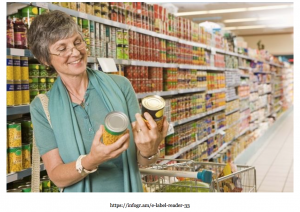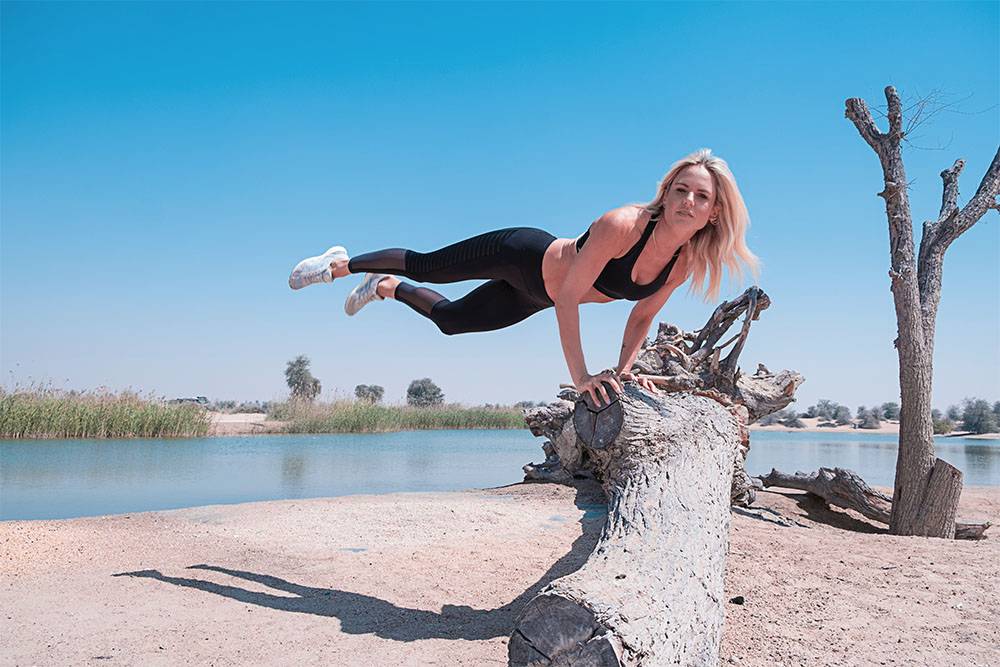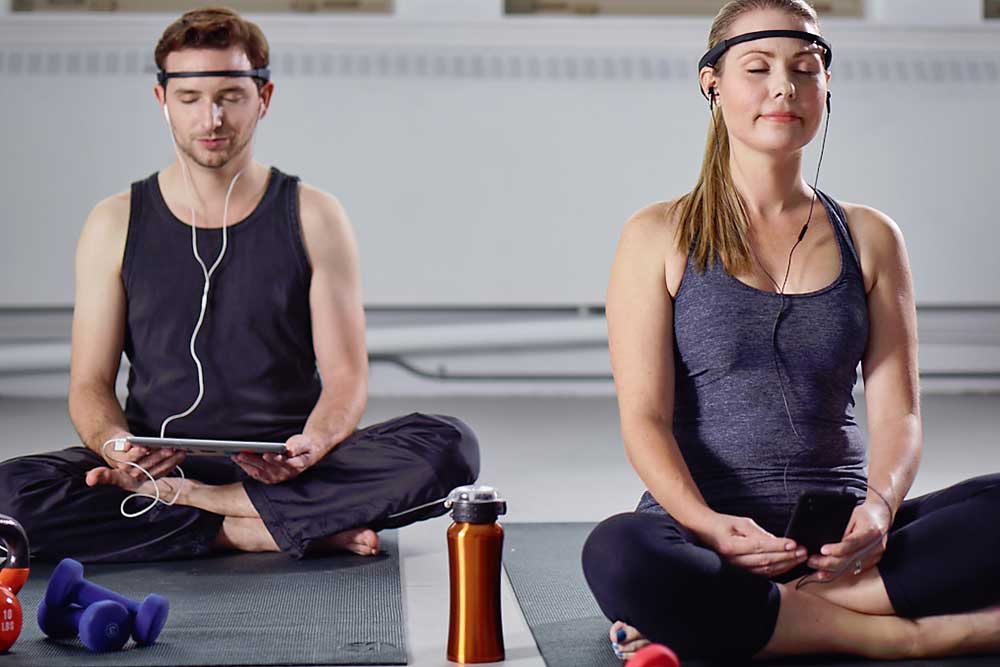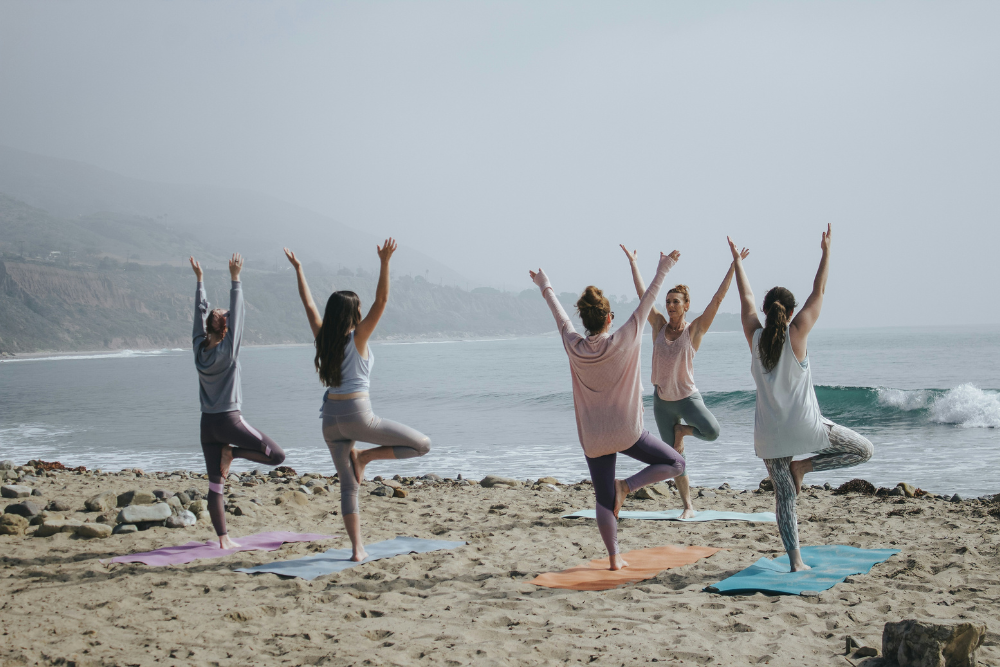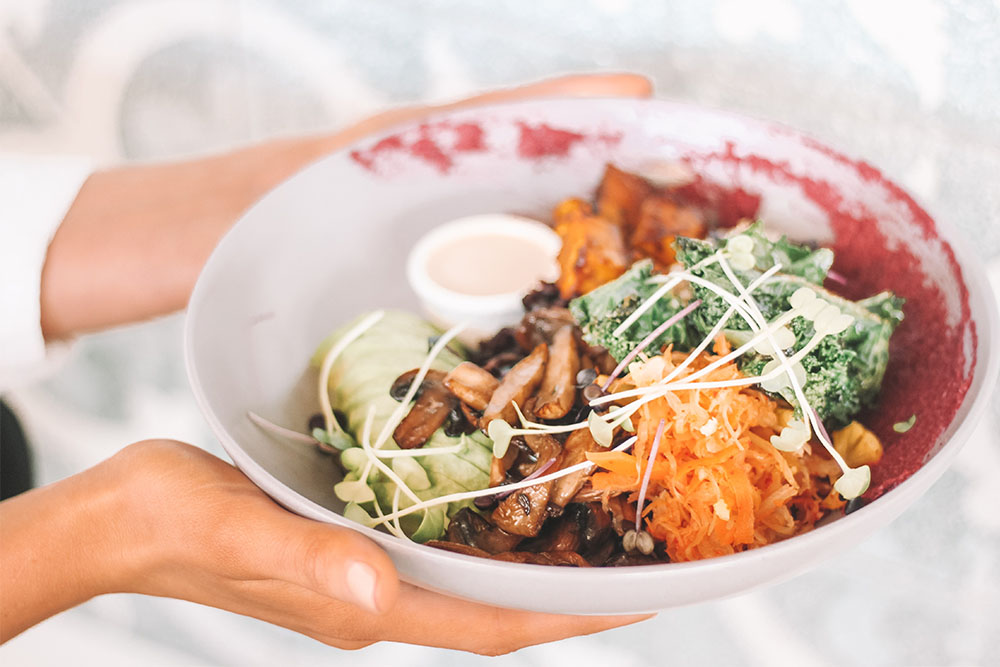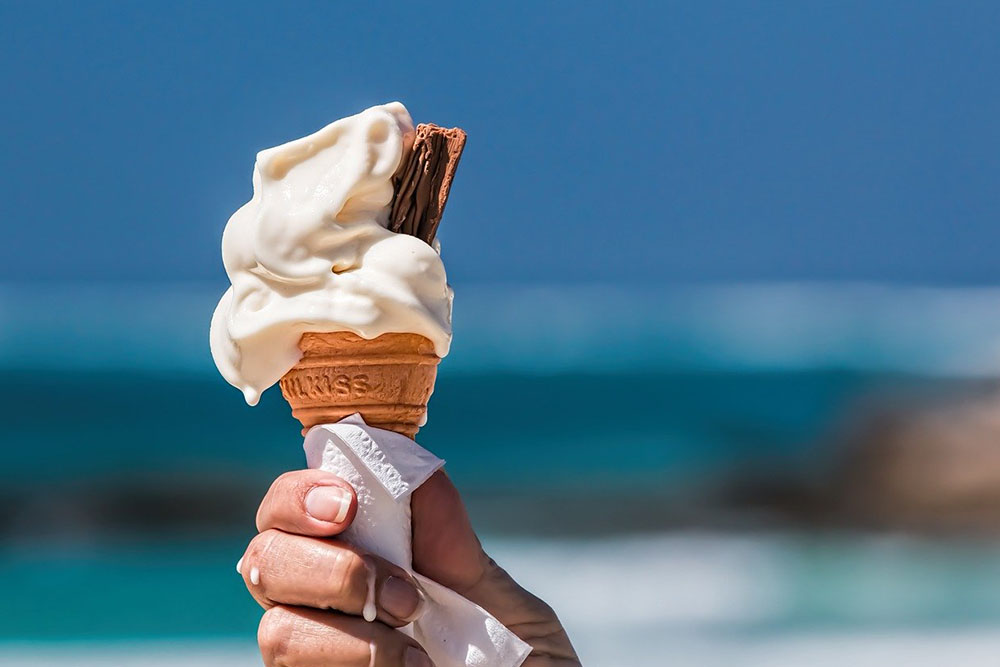3 Tips To Minimize Everyday Chemicals

Adriane Cook
B.S. Kinesiology, Michigan State University
Chemicals, toxins, and pollution, oh my!
Do you ever feel as though every product you buy and food you eat is laced with hidden toxins and chemicals? Do you find yourself overwhelmed, wanting the healthiest life for you and your family, but not sure where to start?
The first step, much like in a 7- step program, is admittance. I wish I could tell you that it’s nothing to be concerned about, that all those reports and labels were merely a scare tactic, but I would be doing you a disservice. The truth is, the companies of our world make things differently than they did 50 years ago. The majority of big businesses do what they have to do to mass produce things that result in a large profit. The ingredients those companies use are typically cheap and laden with toxins and unnecessary chemicals, causing us harm on a multitude of levels.
The World Health Organization (WHO) concurs, “The diverse [human] systems affected by endocrine-disrupting chemicals likely include all hormonal systems and range from those controlling development and function of reproductive organs to the tissues and organs regulating metabolism and satiety. Effects on these systems can lead to obesity, infertility or reduced fertility, learning and memory difficulties, adult-onset diabetes or cardiovascular disease, as well as a variety of other diseases.” (1)
Related Article: 5 Ways To Exercise Your Heart
The Affect On Children
Toxins not only affect the functioning systems of adults, but of children as well. In fact, they are at the greatest risk. The CDC chimes in, “Children are especially vulnerable to environmental contaminants due to their rapid development during the fetal period through early childhood. Children’s age-appropriate behavior also exposes them to hazards. They crawl and play on the floor or in the yard where they can come into contact with harmful substances—and they put everything in their mouths. Just their physical size puts children at greater risk of exposure.
From birth, children breathe more air, drink more water, and eat more food per pound of body weight than adults. An infant’s breathing rate is more than twice an adult’s. Children continue to be vulnerable as they go through the developmental changes of puberty.” If you’d like more information on how to protect your child from exposure to toxins and health hazards in the environment, please contact your nearest Pediatric Environmental Health Specialty Unit (PEHSU). (2)
So where do we go from here?
3 simple tips to start minimizing every-day chemicals
1: EDUCATE
This process can seem intimidating, but begin by educating yourself and analyzing one product at a time, starting with the items you purchase most frequently. Start by reading ingredient lists and labels. If there is an element that you don’t recognize, research it and inform yourself on its attributes and affects. This is especially advantageous with nutrition. “Overweight and obesity prevalence is rapidly rising in developing countries. The reading and understanding of nutrition information on food packages has been shown to improve food choices and instill healthy eating habits in individuals.” (3) This is true for the United States as well.
As a general rule, the shorter the ingredient list, the healthier the substance; the one-ingredient items are far and away your ideal products and food-sources. The better informed you become, the closer you get to minimizing the chemicals- and their adverse effects- in your life.
2: ONE SMALL CHANGE
Once you start reading labels and becoming educated on your standard products, you will inevitably find that it’s time to replace them with healthier alternatives. This can feel like an enormous task, so start by making one small change at a time. The American Psychology Association agrees. “Many people run into problems when they try to change too much too fast.
To improve your success, focus on one goal or change at a time. As new healthy behaviors become a habit, try to add another goal that works toward the overall change you’re striving for.” (4)
A great place to start is with simple fruits and vegetables. Slowly integrate more organic foods into your diet and reduce processed and packaged goods. Next, replace one household product at time, such as a cleaning product or toiletry. Seek out companies that adhere to quality ingredients or go a step further and make your own. This undertaking has the potential to be expensive, but it’s much more manageable if you swap a product or two each week.
Making one small change at a time will ultimately result in a lasting and healthier lifestyle.
3: BE KIND
How can being kind to yourself minimize the effects of every day chemicals? Keeping in mind that maintaining and improving upon positive change is imperative for a healthier lifestyle, having self-compassion is crucial for lasting adaptations.
“Self-compassion is treating yourself with the same kindness and care you’d treat a friend,” says Kristin Neff, a professor of psychology at the University of Texas at Austin and the leading researcher in the growing field of self-compassion. Contrary to what many people think, treating yourself kindly is also good for achieving your goals. “People believe that self-criticism helps to motivate them,” Neff says. Those low in self-compassion think that unless they are hard on themselves, they will not amount to much—but research reveals that being kind to yourself does not lower your standards. (5)
This is great news! With each small, positive change towards reducing toxins and chemicals in your life, you are making excellent progress! Keep this in mind each time you feel discouraged or tempted to revert back to your old ways. Each day presents the opportunity to start fresh and make beneficial decisions towards a healthier future.
Be Your Own Health Advocate
Until the day when all food and products are made with integrity and pure ingredients, we need to be our own health advocates. This can seem daunting, but with education, small changes, and kindness towards ourselves, we can make amazing strides towards a toxin and chemical-free future.
Related Article: Recipe For Setting And Achieving Goals
References:
World Health Organization (WHO),co-produced with the United Nations Environment Program (UNEP): State of the Science of Endocrine Disrupting Chemicals, 2012
Centers for Disease Control and Prevention (CDC): Protecting Kids from Environmental Exposure, 2016
US National Library of Medicine National Institutes of Health; African Health Sciences: Food label reading and understandingin parts of rural and urban Zimbabwe
The American Psychology Association: Making lifestyle changes that last
Scientific American: Self-Compassion Fosters Mental Health, 2012
You Might Like:

